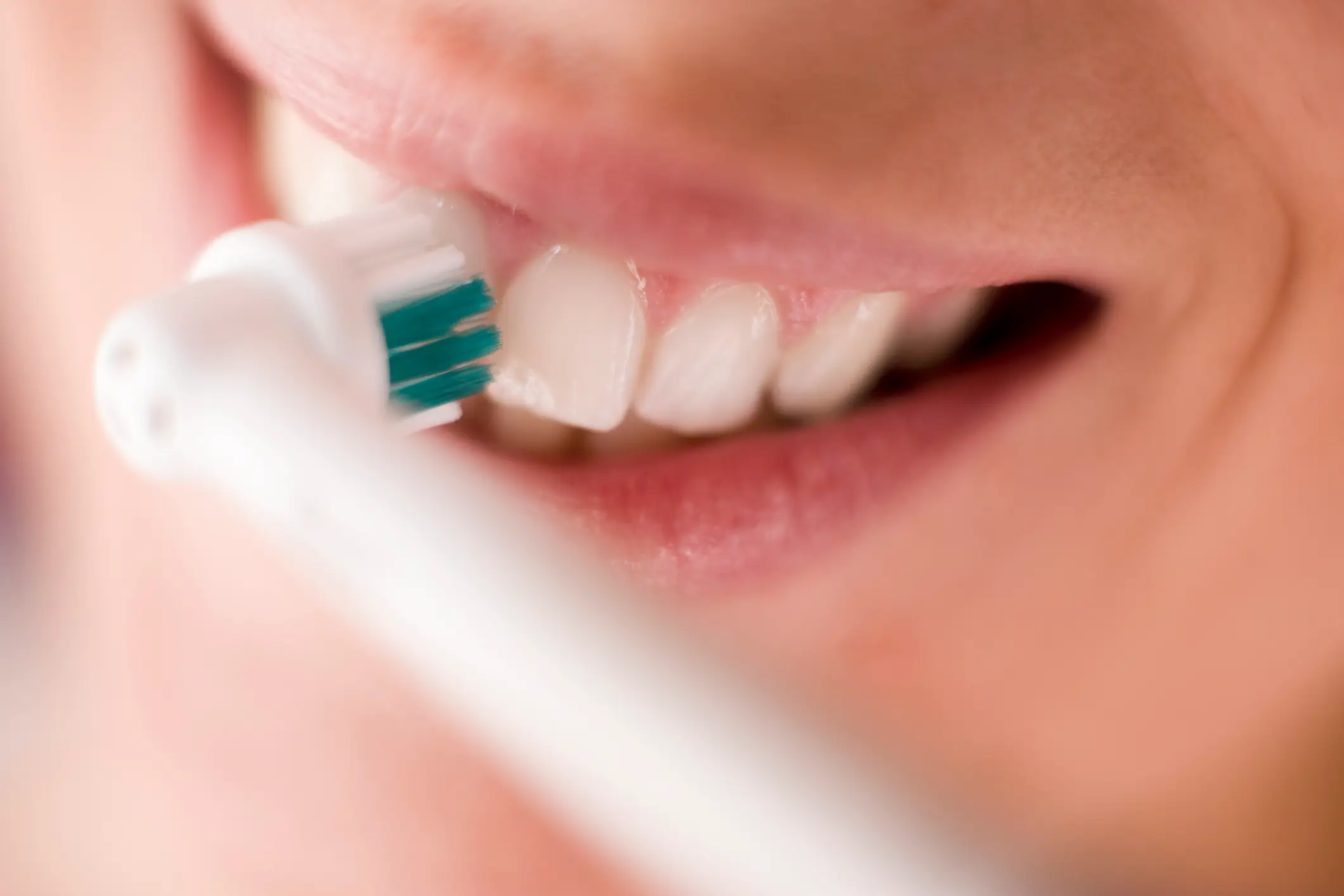
Whether it's chewing up food, flashing a smile for a photo op or simply allowing us to speak clearly - we all know that teeth are extremely important.
So it makes sense that we should be keeping up good oral health and looking after our set of gnashers as best we can.
And it's not just a matter of brushing twice a day, flossing religiously and steering clear of the sweet jar as dentists have shared 11 warning signs you might be drinking too much alcohol without realising and just how much it could be damaging your teeth.

Advert
Now, while alcohol can be a great social lubricant as well as a nice addition to a meal out - it can also have some pretty major impacts on the body.
Beyond bloating, weight gain, a weakened immune system and horrific hangovers (and the accompanying 'hangxiety') - alcohol also causes dry mouth which irritates the soft tissue in your mouth and decreases the amount of saliva.
Saliva is pretty important for our overall dental health as it's basically a natural mouthwash which helps to fight and neutralise acids and bacteria in your mouth.
So, after a night of drinking, your dryer than usual mouth becomes the perfect environment for bacteria to grow and ultimately break down your gums.
And that's the last thing you want to happen considering that weakened gums can no longer hold your teeth in place.

To shed some light on the issue, dentists have rounded up 11 warning signs to be mindful of which may be a sign of gum disease:
Gums bleed when brushing teeth
If you notice bleeding gums when brushing your teeth, your gums may be irritated, red, and swollen.
Gums bleed when eating food
Another symptom of gum disease is your gums bleeding when eating hard foods such as apples.
Gums appear red or swollen
Gum disease can cause gums to appear red, swollen, tender, and bleed - which is often caused by a buildup of plaque on the teeth.
Gums are tender to the touch
Like the previous three signs, sore gums can be a sign that you brush your teeth too hard.
Equally gums that are tender to the touch can also be a symptom of gum disease.

Bad breath that will not go away
Gum disease can cause bad breath, also known as halitosis.
It's typically a result of someone being overdue for a professional cleaning.
Evidence of pus between your teeth
Pus that is found between the teeth and gums could be a sign of a dental abscess, which is a collection of pus caused by a bacterial infection.
One cause of dental abscesses includes gum disease alongside tooth decay, tooth grinding and Injury to the teeth, gums, or mouth.
Gums appear to be pulling away from your teeth
If your gums appear to be pulling away from your teeth, you may have something called 'gum recession' which is most likely a sign of gum disease.
Teeth feel loose
Gum disease can make your teeth feel lose as the infection specifically damages the soft tissue and bone that support your teeth, making the barrier weaker.
Teeth appear to be separating
Advanced gum disease can make it appear as it your teeth are separating or shifting.
The infection is caused by a buildup of plaque and tartar, which can damage the supporting tissue beneath the teeth leading to the teeth seeming to form gaps.

Teeth appear to be moving
Similar to the last two warning signs, your teeth appearing to shift about your mouth could also be a symptom of gum disease.
It's also common for teeth grinders to inadvertently put pressure on their teeth which may cause them to move slightly.
There are sores in your mouth
And the final warning gum disease sign dentists have warned about is having several sores inside your mouth.
While certain viruses and bacteria cause the painful sores, it's poor oral hygiene which makes you more susceptible to get it.
Heavy alcohol consumption can weaken the immune system which, in turn, makes it way harder to fight off infections like gum disease.
Now, these are just 11 main signs dentists have rounded up but it doesn't necessarily mean you have gum disease if you have one or two of the symptoms.
What it does show, however, is that your lifestyle has a detrimental impact on your health
You can find out more about gum disease on the official NHS website here.
Topics: Health, Advice, Life, Food and Drink